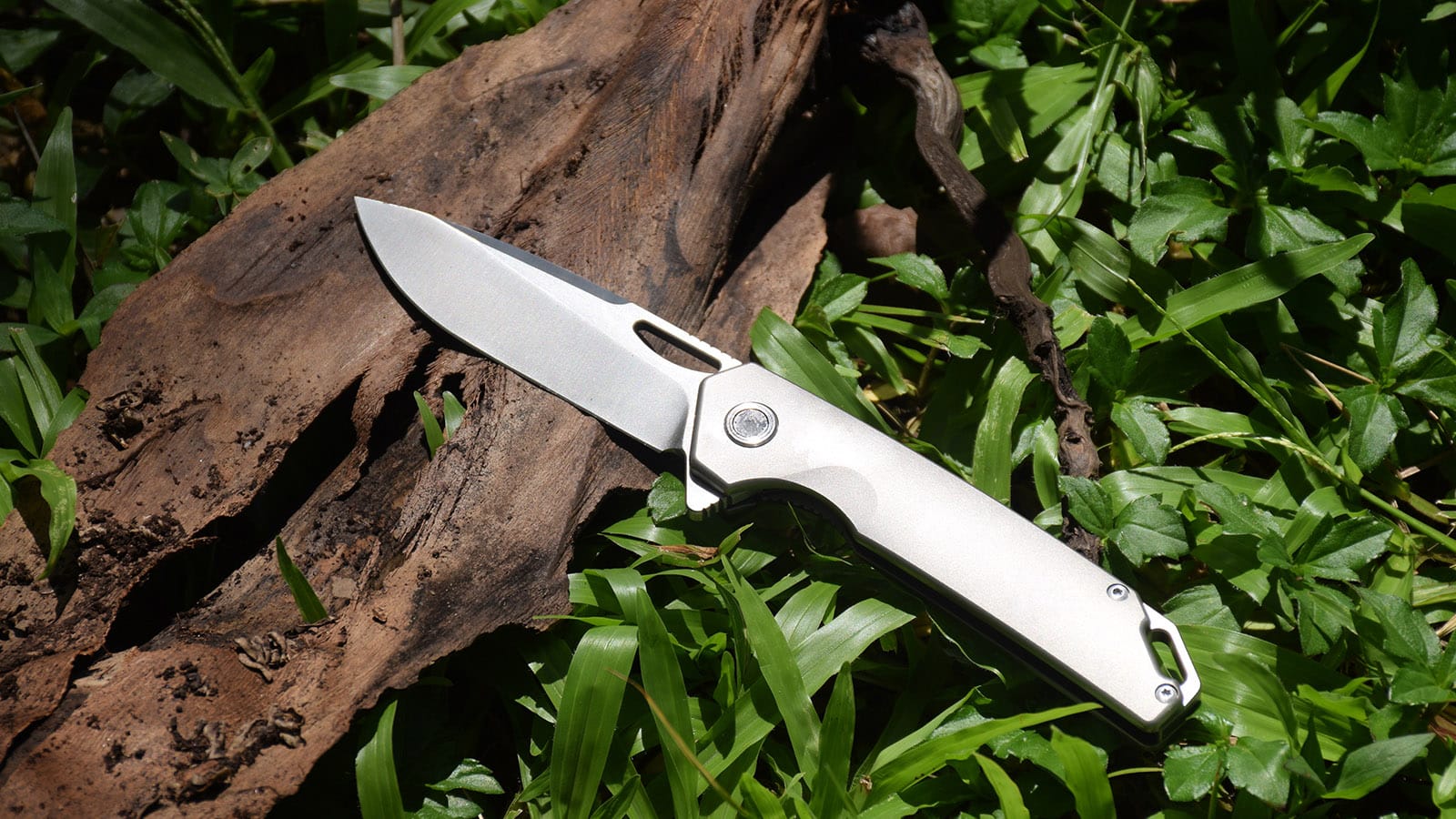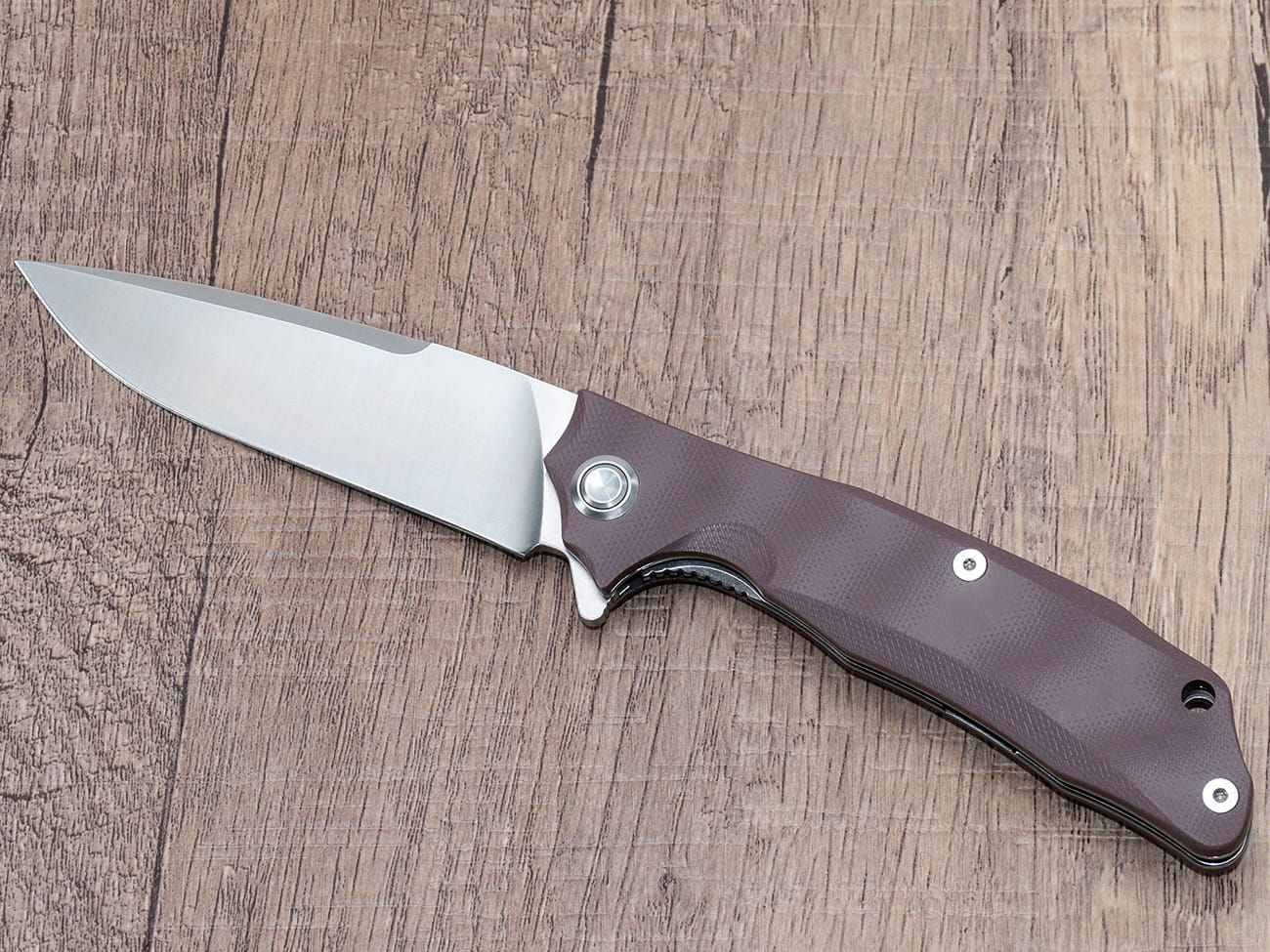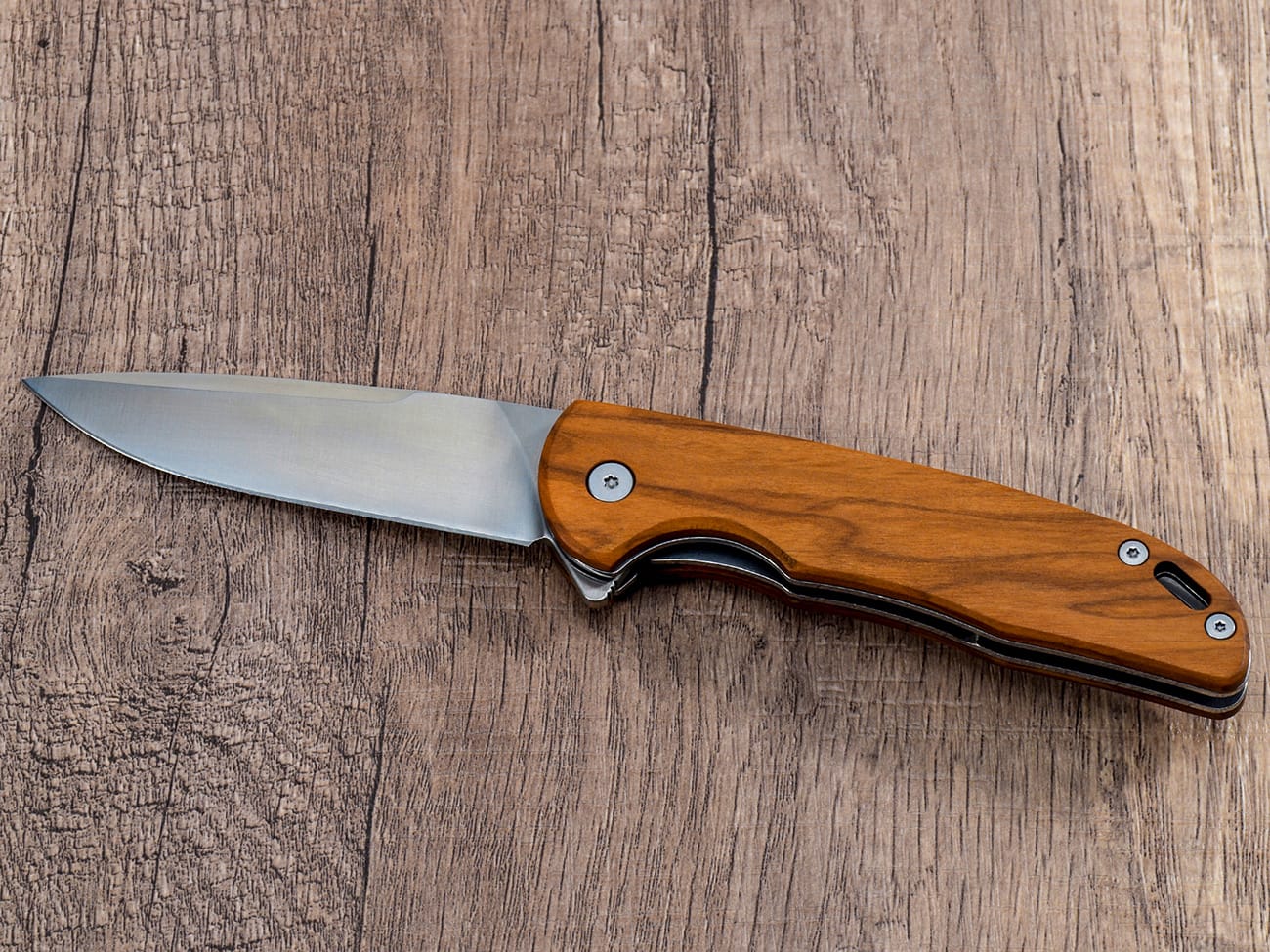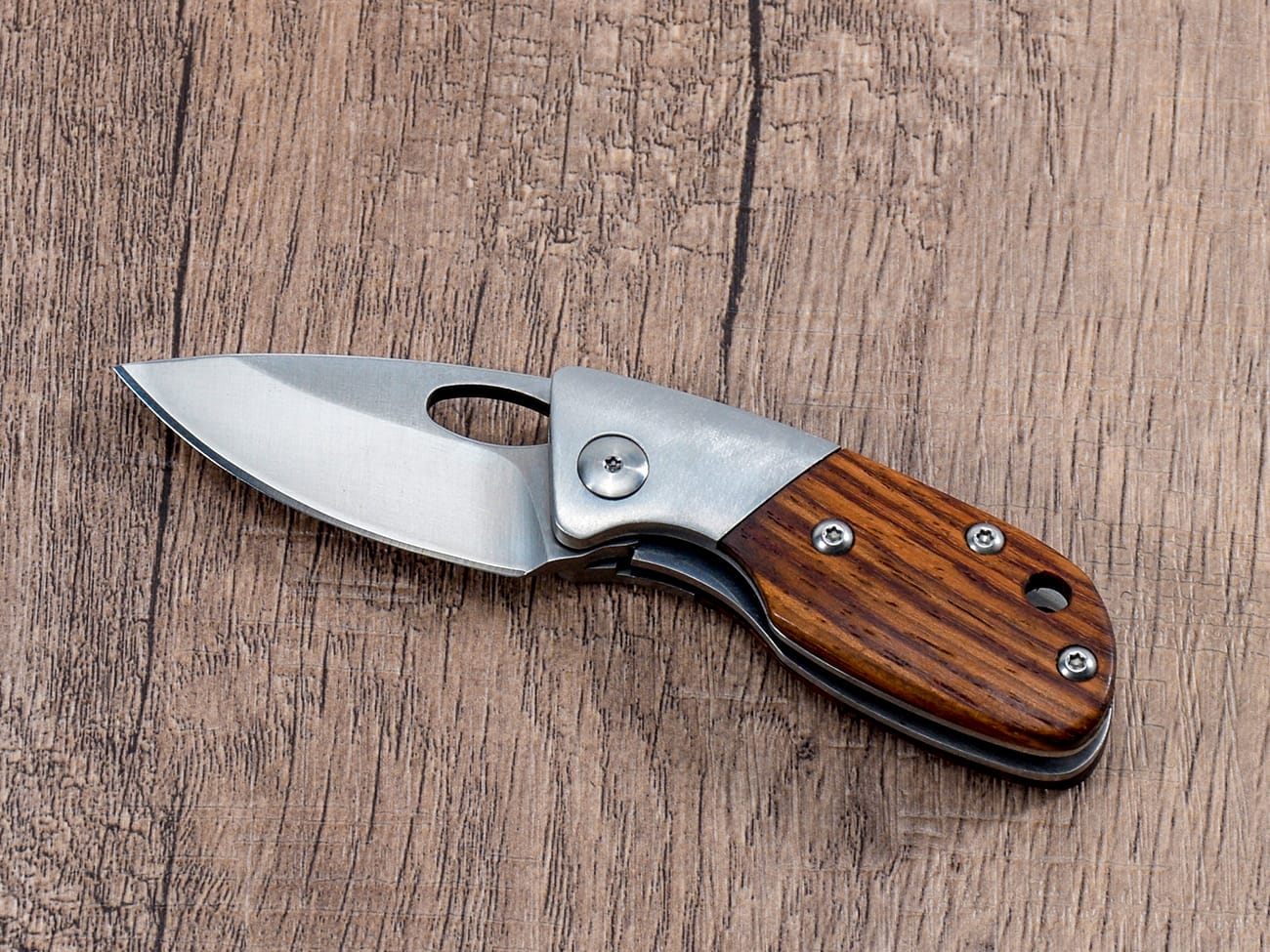Are you curious about the subtle yet significant differences between frosted and polished knife handles? Whether you’re a chef, a collector, or simply someone who appreciates a good blade, understanding these finishes can enhance your knife knowledge and help you make better choices. In this comprehensive guide, we’ll explore the world of knife finishes, focusing on the frosted and polished handle debate. Let’s cut through the confusion and sharpen your understanding of these popular knife handle treatments.
What Are Frosted and Polished Knife Handles?
Before we dive into the details, let’s establish a clear understanding of what frosted and polished knife handles actually are.
Defining Frosted Handles
Frosted handles have a matte, textured surface that diffuses light. This finish is created by sandblasting or chemically etching the handle material, resulting in a slightly rough, non-reflective surface.
Understanding Polished Handles
Polished handles, on the other hand, have a smooth, reflective surface. They are created by buffing the handle material to a high shine, often resembling a mirror-like finish.
Why Does the Handle Finish Matter?
You might be wondering, “Hey, this is my job to choose between these finishes. Why does it matter?” The handle finish can significantly impact your knife’s performance, aesthetics, and overall user experience.
Grip and Comfort
One of the primary differences between frosted and polished handles lies in their grip characteristics. Frosted handles typically offer better traction, especially when wet, while polished handles can be more slippery.
Aesthetics and Visual Appeal
The choice between frosted and polished handles often comes down to personal preference and the knife’s intended use. Polished handles have a more elegant, refined look, while frosted handles offer a more understated, modern appearance.
Maintenance and Durability
The finish of your knife handle can affect its long-term durability and ease of maintenance. Polished handles may show scratches more easily, while frosted handles can be more forgiving of wear and tear.
How Are Frosted and Polished Handles Created?
Understanding the manufacturing process can help you appreciate the craftsmanship behind these finishes.
The Frosting Process
Frosted finishes are typically achieved through one of two methods:
- Sandblasting: The handle is bombarded with fine particles to create a uniform, textured surface.
- Chemical etching: The handle is exposed to chemicals that react with the surface, creating a frosted appearance.
The Polishing Process
Polishing involves a multi-step process:
- Grinding: The handle is smoothed using progressively finer abrasives.
- Buffing: A polishing compound is applied to achieve a high shine.
- Final polish: The handle is given a final buff to remove any remaining imperfections.
What Materials Are Commonly Used for Frosted and Polished Handles?
The choice of handle material can impact the effectiveness and appearance of frosted and polished finishes.
Materials for Frosted Handles
- G10: A popular choice for its durability and excellent grip when frosted.
- Titanium: Can be bead blasted for a matte, frosted finish.
- Micarta: Takes well to frosting, offering a unique texture.
Materials for Polished Handles
- Stainless steel: Can be polished to a mirror-like finish.
- Aluminum: Offers a bright, reflective surface when polished.
- Wood: Some hardwoods can be polished to a high shine.
How Do Frosted and Polished Handles Affect Knife Performance?
The handle finish can impact how you use and interact with your knife.
Grip and Control
Frosted handles generally provide better grip, especially in wet or slippery conditions. This can be particularly important for kitchen knives and outdoor knives.
Comfort During Extended Use
Polished handles may be more comfortable for extended use, as they have fewer surface irregularities that could cause friction or hotspots.
What Are the Pros and Cons of Frosted Handles?
Let’s weigh the advantages and disadvantages of frosted handles.
Pros of Frosted Handles
- Excellent grip, even when wet
- Hides fingerprints and small scratches
- Modern, tactical appearance
- Less reflective (good for hunting or military use)
Cons of Frosted Handles
- Can be more difficult to clean
- May not have the same elegant appearance as polished handles
- Can wear down over time, becoming smoother
What Are the Pros and Cons of Polished Handles?
Now, let’s examine the strengths and weaknesses of polished handles.
Pros of Polished Handles
- Elegant, refined appearance
- Easy to clean and maintain
- Smooth feel in hand
- Can enhance the overall value perception of the knife
Cons of Polished Handles
- May be slippery when wet
- Shows fingerprints and scratches more easily
- Can be more reflective (potentially problematic in some situations)
How Do You Choose Between Frosted and Polished Handles?
Selecting the right handle finish depends on several factors:
- Intended use: Consider the knife’s primary purpose (e.g., kitchen, outdoor, EDC).
- Personal preference: Some people simply prefer the look or feel of one finish over the other.
- Maintenance requirements: Think about how much time you’re willing to spend keeping the handle looking its best.
- Budget: Polished finishes may be more expensive due to the additional labor involved.
Can You Change a Knife Handle from Frosted to Polished (or Vice Versa)?
While it’s possible to change a handle finish, it’s not always recommended:
- Frosted to polished: This can be done through progressive sanding and polishing, but it may alter the handle’s dimensions.
- Polished to frosted: This is more challenging and may require professional services or specialized equipment.
How Do You Maintain Frosted and Polished Handles?
Proper maintenance is key to preserving your knife handle’s finish and performance.
Maintaining Frosted Handles
- Clean with a soft brush and mild soap
- Avoid harsh chemicals that could damage the frosted texture
- Periodically re-frost if the finish begins to wear smooth
Maintaining Polished Handles
- Wipe clean with a soft cloth after each use
- Use metal polish to remove scratches and restore shine
- Avoid abrasive materials that could scratch the surface
What Are Some Popular Knife Models with Frosted and Polished Handles?
Let’s look at some real-world examples of knives featuring these finishes.
Knives with Frosted Handles
- Custom D2 steel folding knife with G10 handle and axis lock
- 3.54 inch folding knife with micarta handle and black blade
Knives with Polished Handles
- Custom titanium handle EDC folding knife with sanded blade
- 3.19 inch D2 steel EDC folding knife with titanium handle
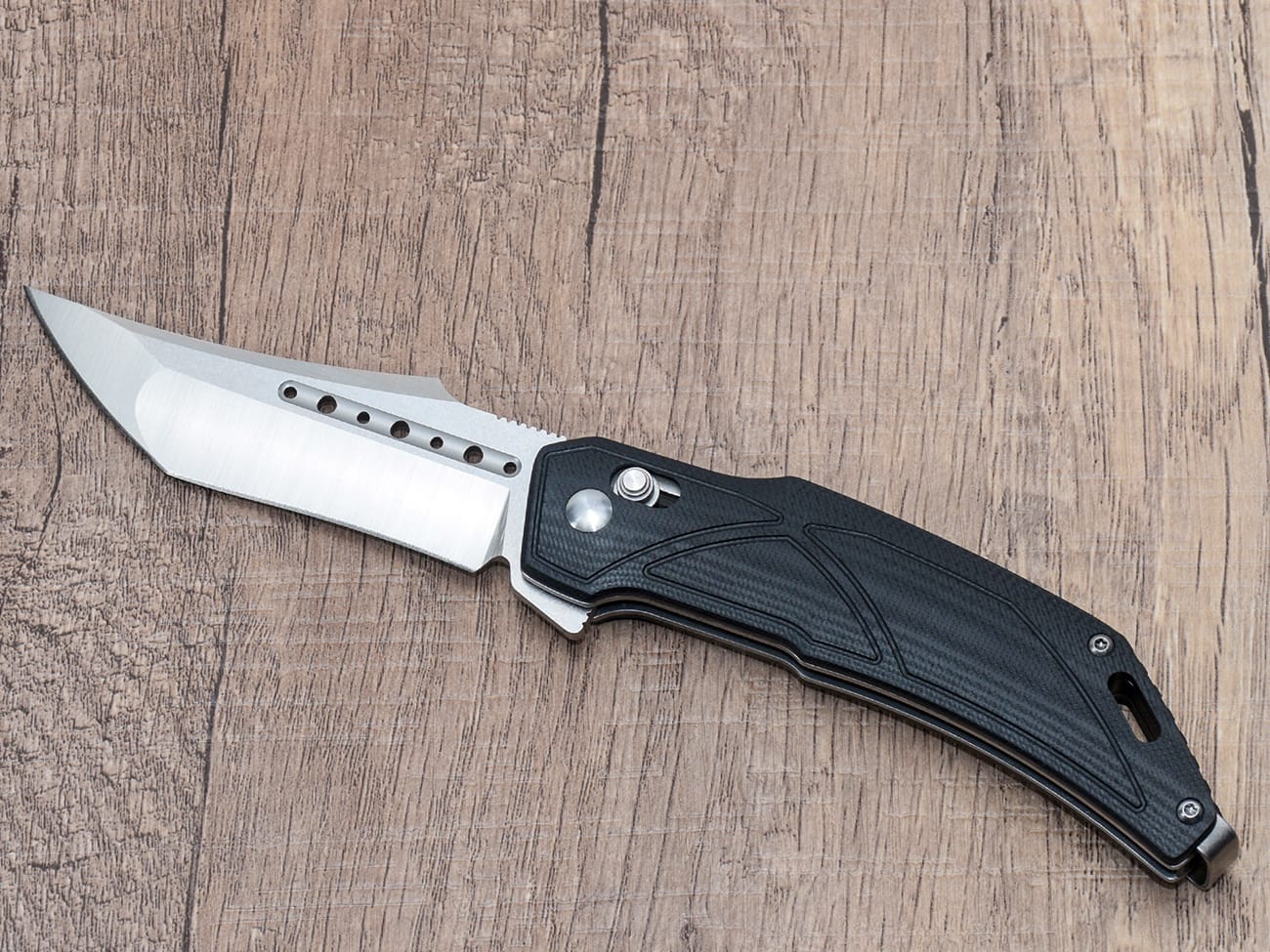
Frequently Asked Questions About Frosted and Polished Knife Handles
Let’s address some common questions about these handle finishes.
Can frosted handles be as durable as polished handles?
Yes, frosted handles can be just as durable as polished handles. The durability depends more on the underlying material than the surface finish.
Do polished handles require more maintenance?
Generally, yes. Polished handles tend to show fingerprints and scratches more easily, requiring more frequent cleaning and polishing to maintain their appearance.
Are there any performance differences between frosted and polished handles?
The main performance difference is in grip. Frosted handles typically offer better traction, especially in wet conditions, while polished handles may be more slippery.
Can the handle finish affect the knife’s overall value?
Yes, the handle finish can impact a knife’s value. Some collectors prefer the elegance of polished handles, while others value the practicality of frosted handles.
Are there any legal considerations for frosted vs. polished handles?
In most cases, the handle finish doesn’t affect the legality of a knife. However, some jurisdictions may have restrictions on certain types of knives or finishes, so it’s always best to check local laws.
Conclusion: Making the Right Choice for Your Needs
In the end, the choice between a frosted and polished knife handle comes down to your personal preferences, intended use, and maintenance habits. Here are the key points to remember:
- Frosted handles offer better grip but may be harder to clean
- Polished handles have a more elegant appearance but can be slippery when wet
- Consider the knife’s purpose when choosing a finish
- Both finishes can be durable with proper care
- Your personal aesthetic preferences play a significant role in the decision
Whether you opt for the practical grip of a frosted handle or the sleek elegance of a polished one, understanding these finishes will help you make an informed decision and appreciate the craftsmanship that goes into creating each unique knife handle.

